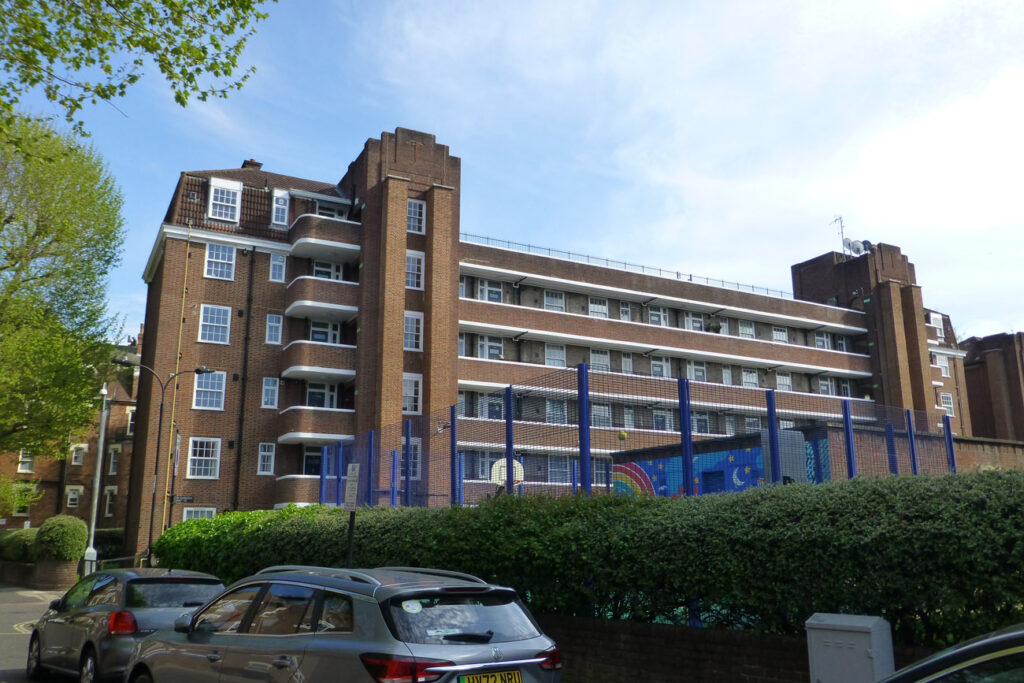Boundaries, Easements, Rights of Way & Neighbour Disputes.
Understanding where a surveyor’s role starts – and where legal advice may be required
Buying, selling, or owning property often brings up questions around boundaries, access rights, and disputes with neighbours. A Chartered Building Surveyor can assist with many aspects of these issues – but it’s important to understand where my expertise lies and when you may need legal support.

If you’re unsure whether your issue is technical (building-related) or legal, we’re happy to have an informal discussion first. We often work alongside property solicitors to help clients resolve concerns effectively and avoid escalating conflict unnecessarily. We can ensure that you receive the right professional input – and avoid delays or costs caused by approaching the wrong type of adviser first.
✅ What a Building Surveyor Can Help With:
Boundary Identification
Can help interpret plans, deeds, and features on the ground to identify the likely boundary line based on available physical and documentary evidence. I may also prepare a site inspection report to support your understanding of boundary positions.
Condition & Impact of Disputes
Where disputes relate to damage, encroachment, or property condition (e.g. a neighbour’s extension affecting your wall or drainage), I can inspect and report on building-related implications.
Rights of Way & Access Constraints
Can comment on visible or physical evidence of rights of way or easements, and advise on how they may affect your use or enjoyment of a property.
Expert Reports for Mediation or Legal Use
If you’re involved in a disagreement, I can provide an independent report outlining factual findings to support negotiation or dispute resolution.
❌ What a Building Surveyor Cannot Do:
Make Legal Judgements on Ownership or Rights
Do not have the authority to determine who owns land or whether a right of way is legally enforceable. These matters fall under property law and must be handled by a solicitor or specialist land lawyer.
Alter or Enforce Boundaries
Only a court can legally determine or alter a boundary. Even with expert reports or plans, a formal resolution may require litigation or agreement through legal channels.
Mediate Neighbour Disputes Without Consent
Can act as an expert, but cannot legally mediate or enforce solutions unless appointed in a formal capacity (such as under the Party Wall Act).
Interpret Complex Legal Easements
While able to comment on physical access and use, the interpretation of easements and legal rights of way (especially those that are historic or poorly defined) must be undertaken by a solicitor.
Contact us with questions, for fees and to book a survey phone 0208 8669641, email hello@survey888.co.uk
